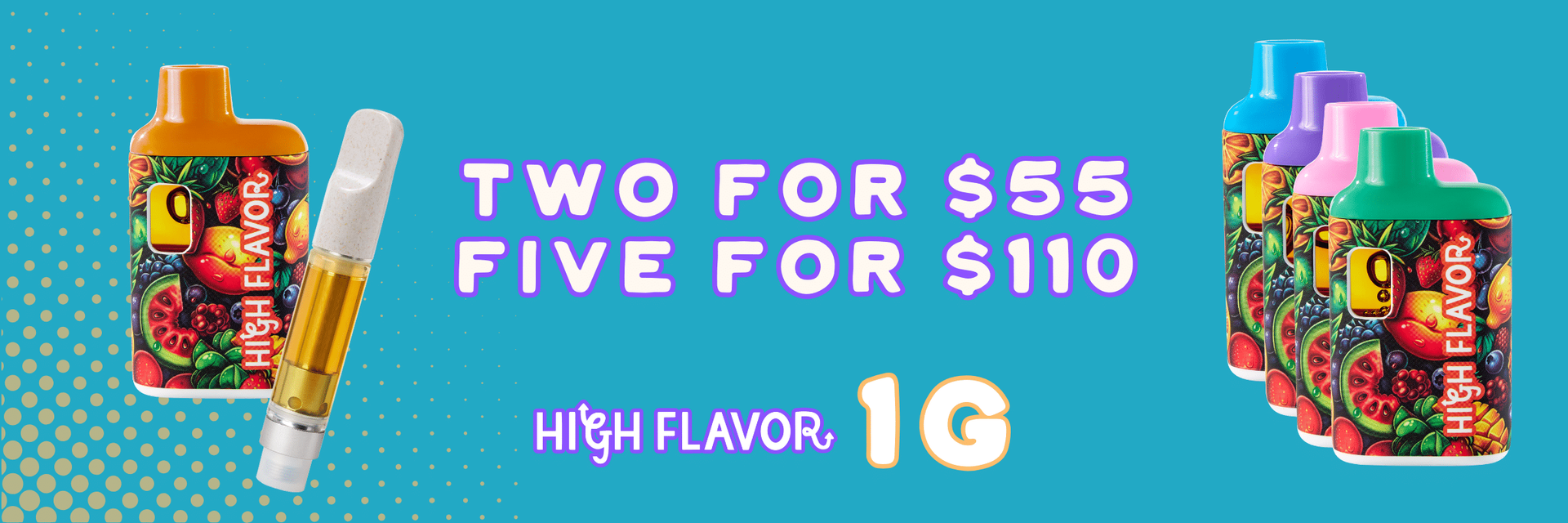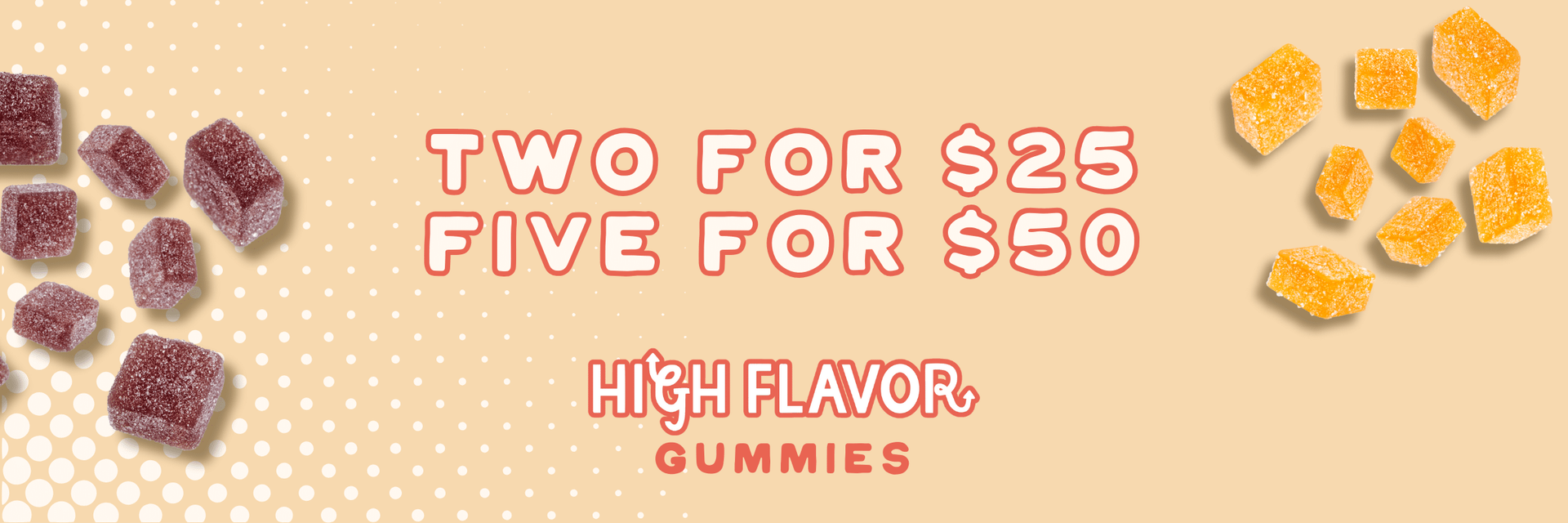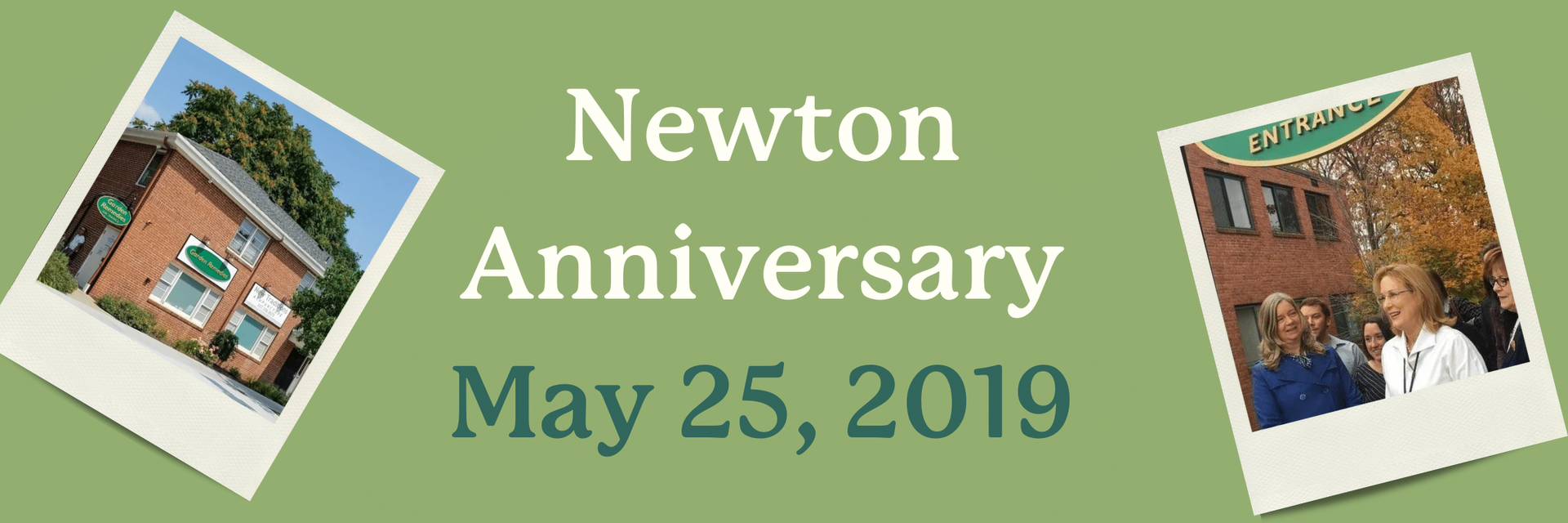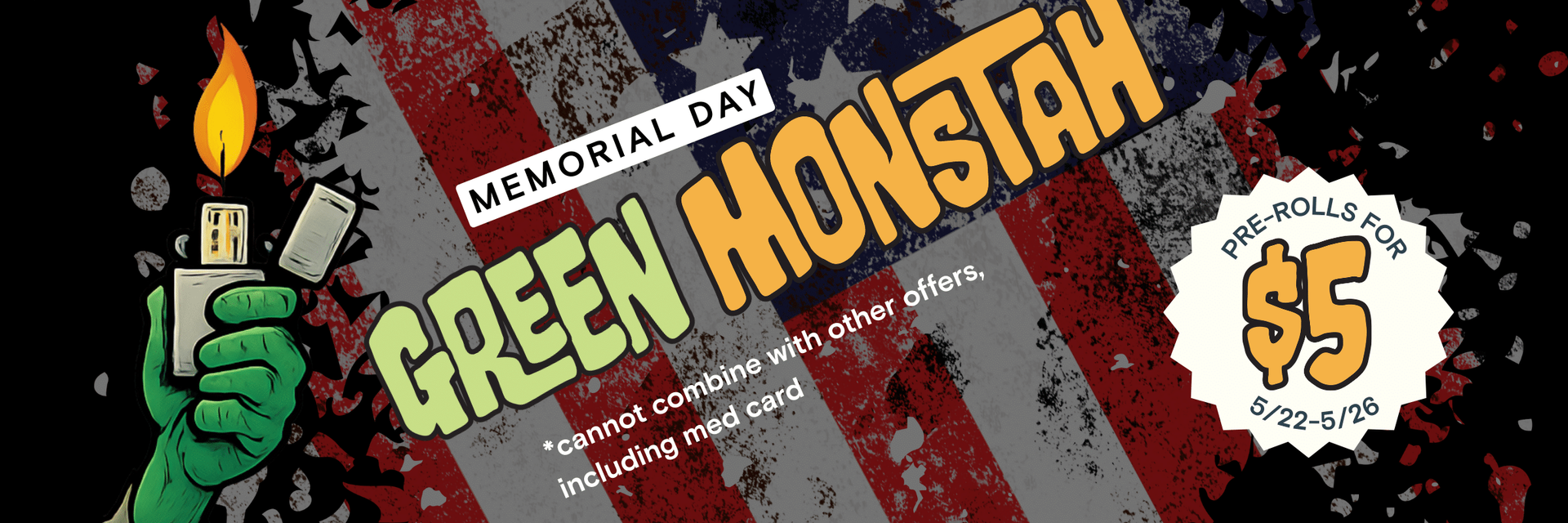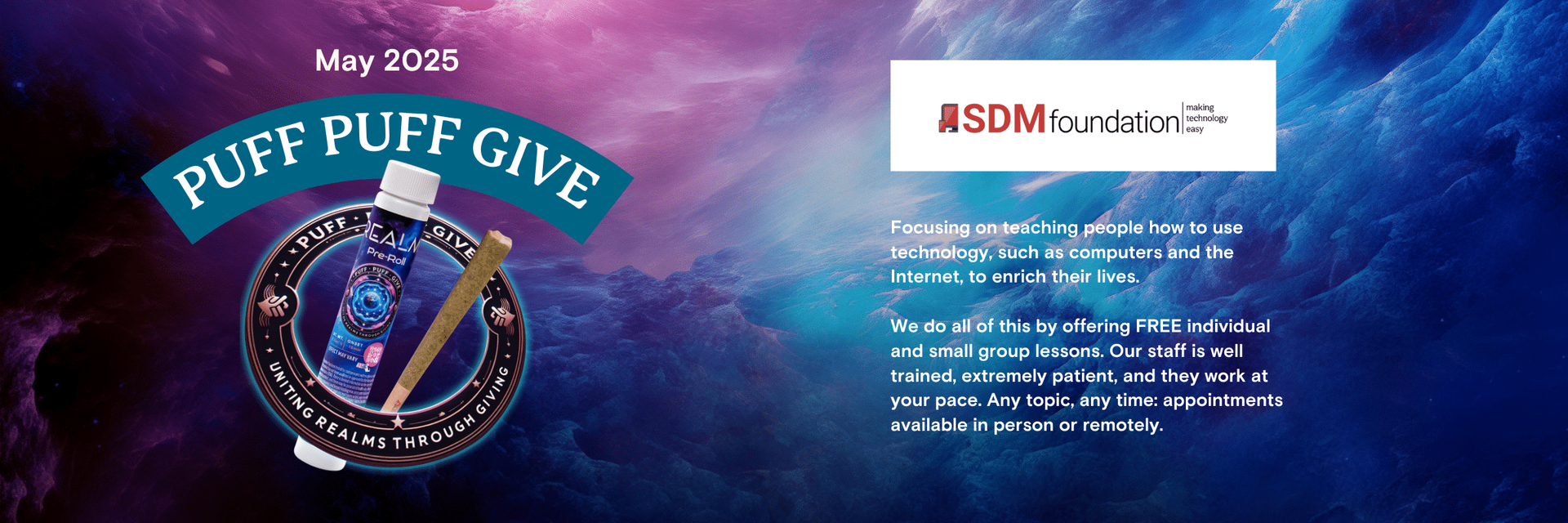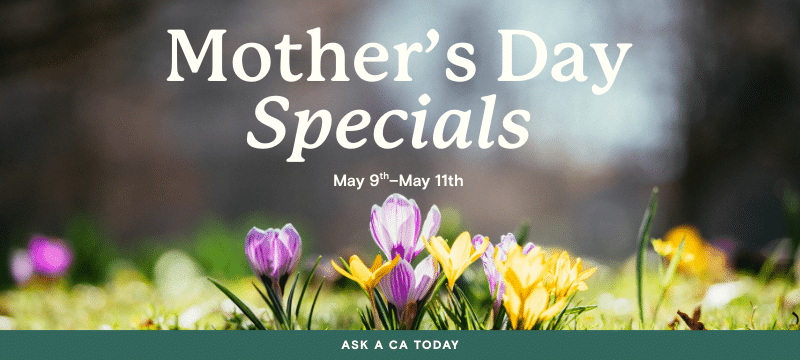Follow Us On Social
Garden Remedies Dispensaries
Discover the exceptional quality and customer experience at Garden Remedies Cannabis Dispensary, Massachusetts’ trusted source for premium medical and recreational cannabis products.
Whether you’re a first-time visitor or a seasoned connoisseur looking for a dispensary near me, we are here to guide you on your cannabis journey with expertly curated products, professional care, and an unwavering commitment to wellness. As leading medical and recreational dispensaries, we prioritize your health and well-being at every step.
Order cannabis online today and come visit us at any of our recreational and medical dispensaries!



